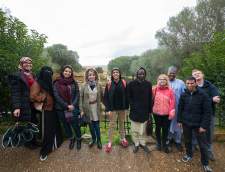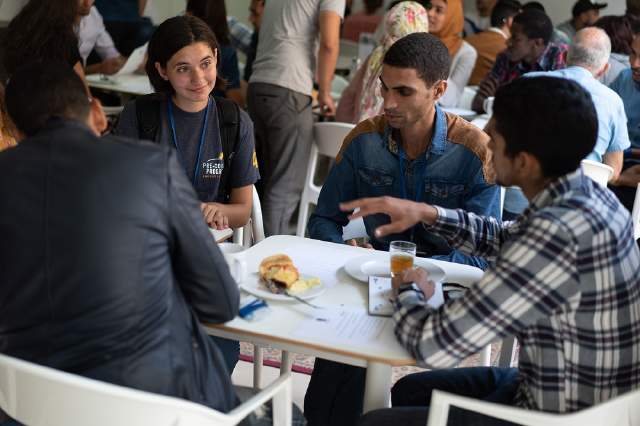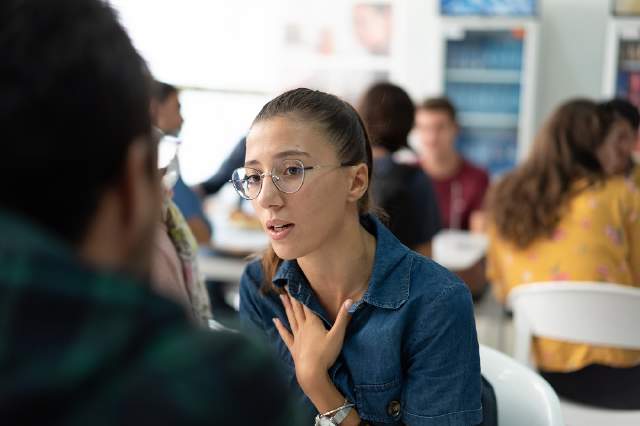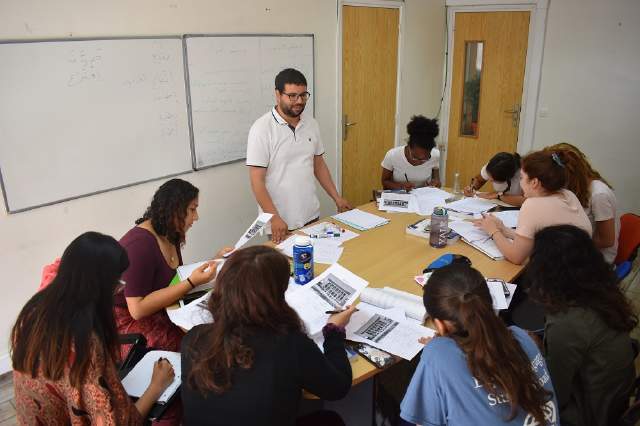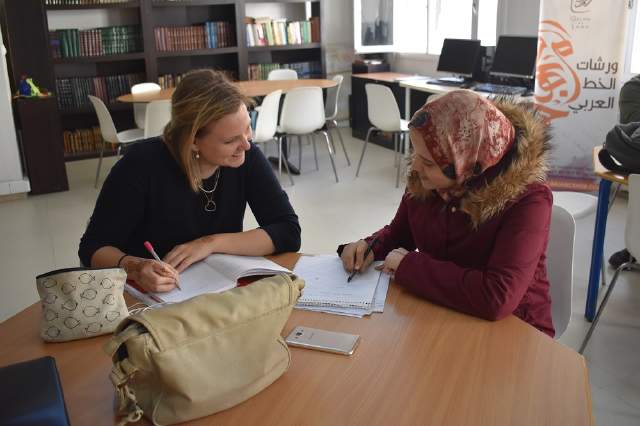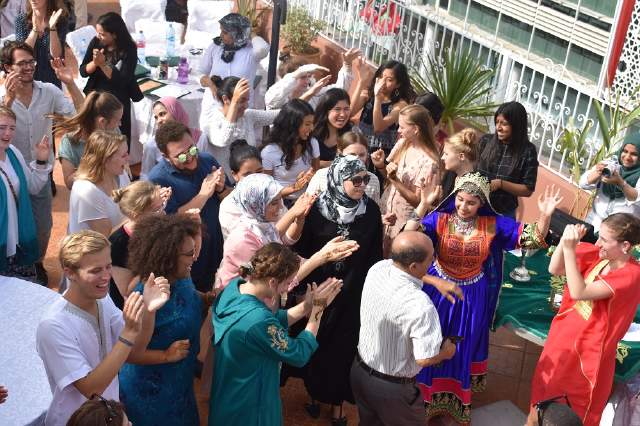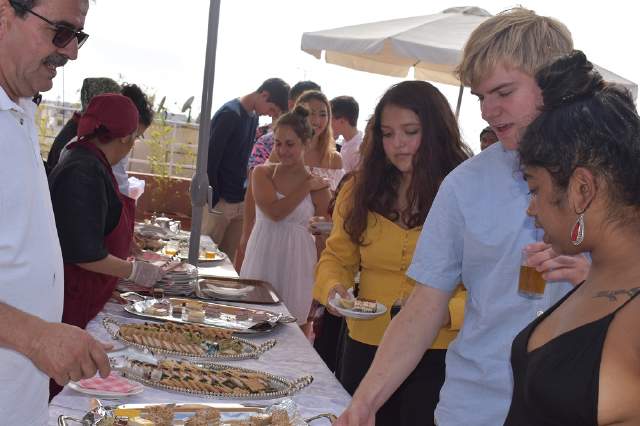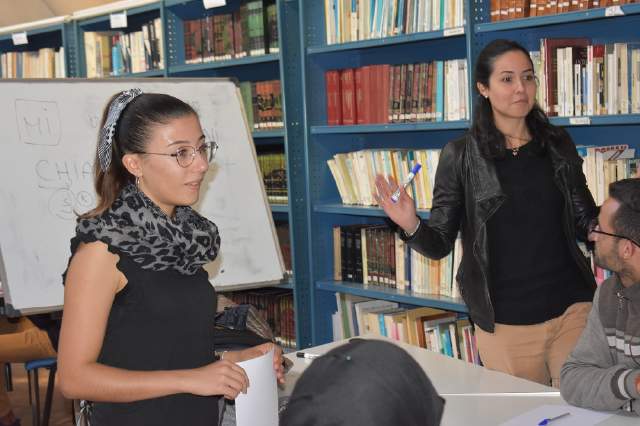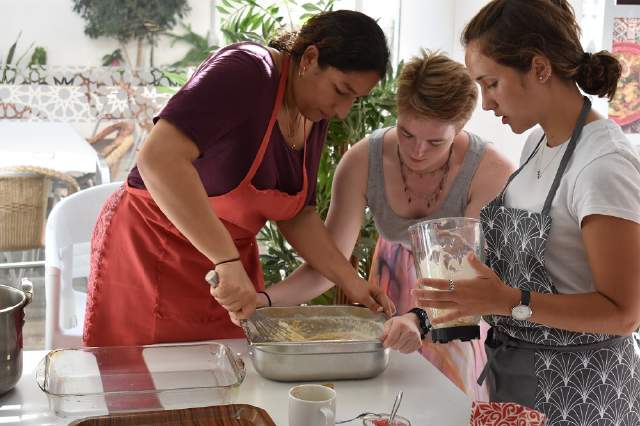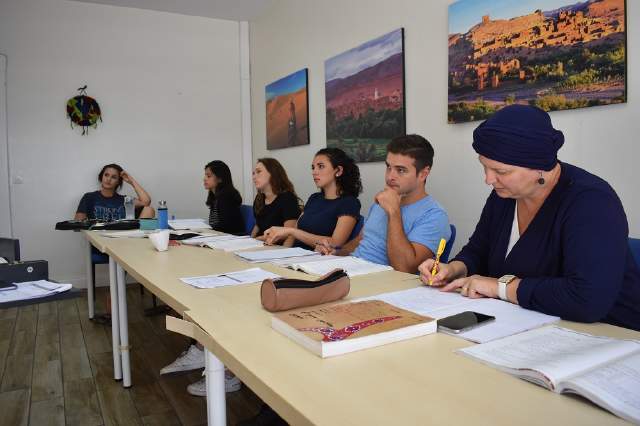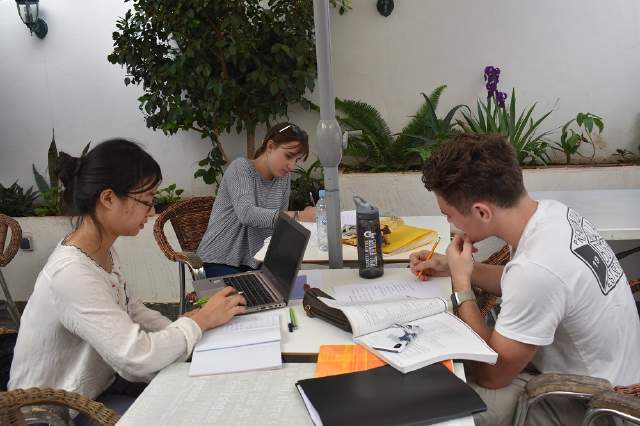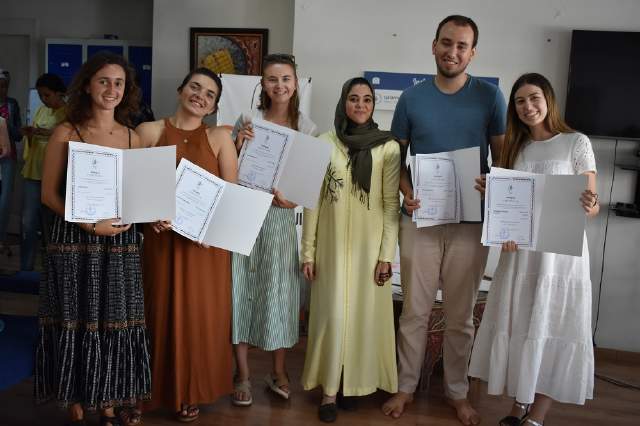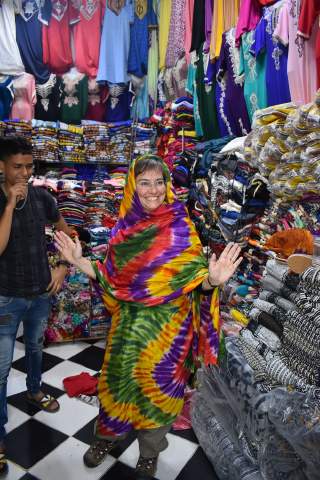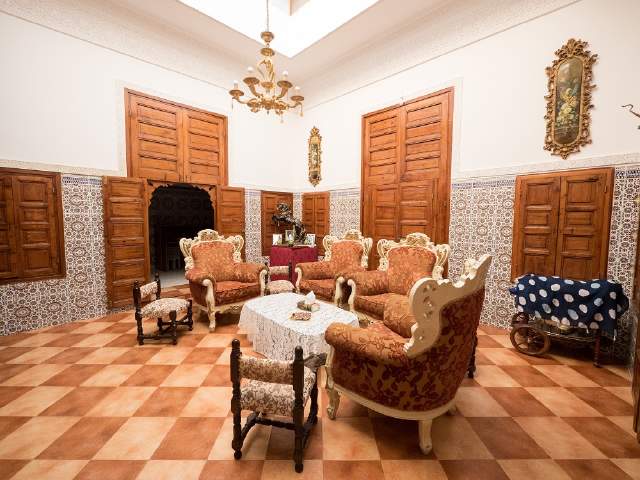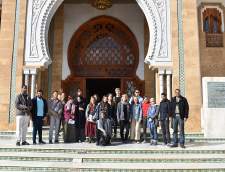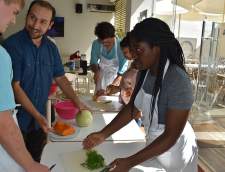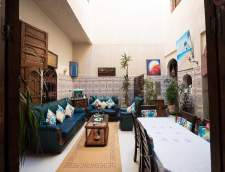zł PLN
-
Najpopularniejsze waluty
- $ USD Dolar amerykański
- £ GBP Funt szterling
- € EUR Euro
- $ CAD Dolar kanadyjski
- $ AUD Dolar australijski
-
Wszystkie waluty
- AED درهم Dirham ZEA
- Kz AOA Angoli Kwanza
- $ ARS Peso argentyńskie
- $ AUD Dolar australijski
- лева BGN Nowy lew bułgarski
- R$ BRL Real brazylijski
- $ CAD Dolar kanadyjski
- Fr. CHF Frank szwajcarski
- $ CLP Peso chilijskie
- ¥ CNY Renminbi
- $ COP Peso kolumbijskie
- Kč CZK Korona czeska
- kr DKK Korona duńska
- € EUR Euro
- £ GBP Funt szterling
- $ HKD Dolar hongkoński
- Ft HUF Forint węgierski
- Rp IDR Rupia indonezyjska
- ILS ש״ח Nowy izraelski szekel
- ¥ JPY Jen japoński
- ₩ KRW Won południowokoreański
- LYD دينار Dinar libijski
- $ MXN Peso meksykańskie
- $ NZD Dolar nowozelandzki
- zł PLN Złoty polski
- RUB Rubel rosyjski
- ﷼ SAR Rial saudyjski
- kr SEK Korona szwedzka
- $ SGD Dolar singapurski
- ฿ THB Baht tajski
- ₺ TRY Lira turecka
- 元 TWD Dolar tajwański
- ₴ UAH Hrywna ukraińska
- $ USD Dolar amerykański
- ₫ VND Đồng wietnamski
Polska
-
Ameryka
-
Europa
-
Azji i Pacyfiku
-
Afryka i Bliski Wschód


